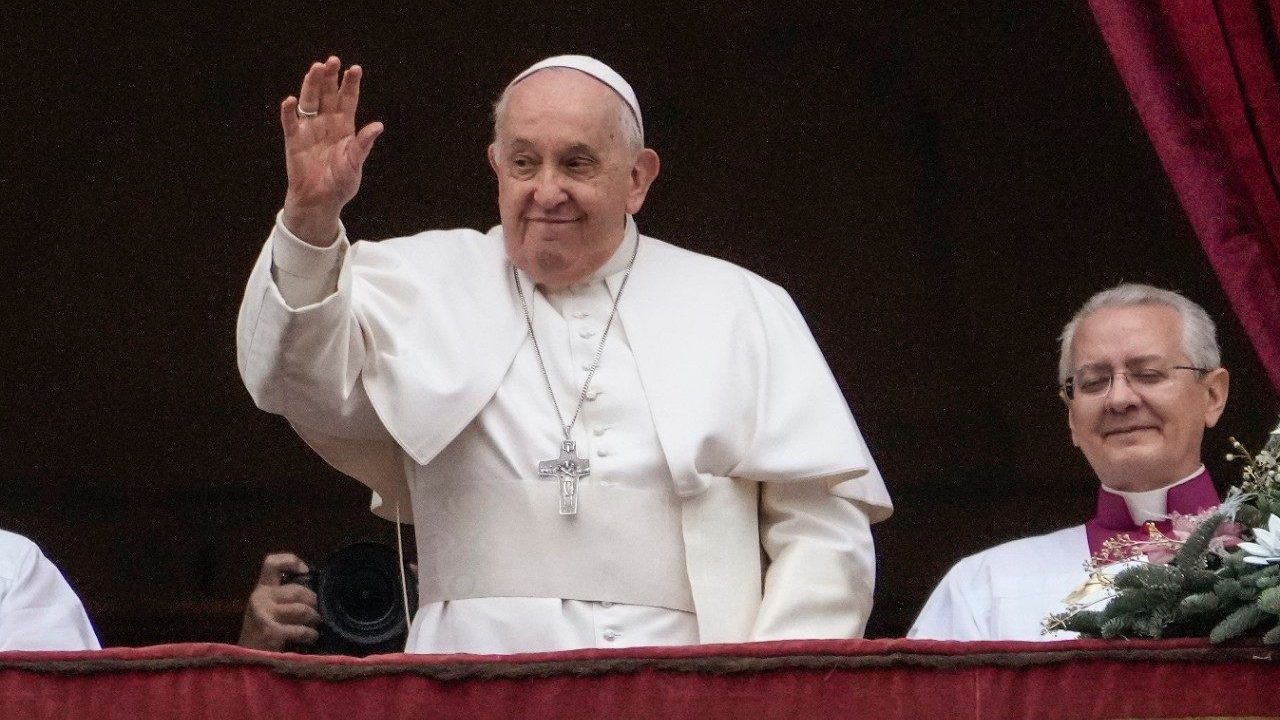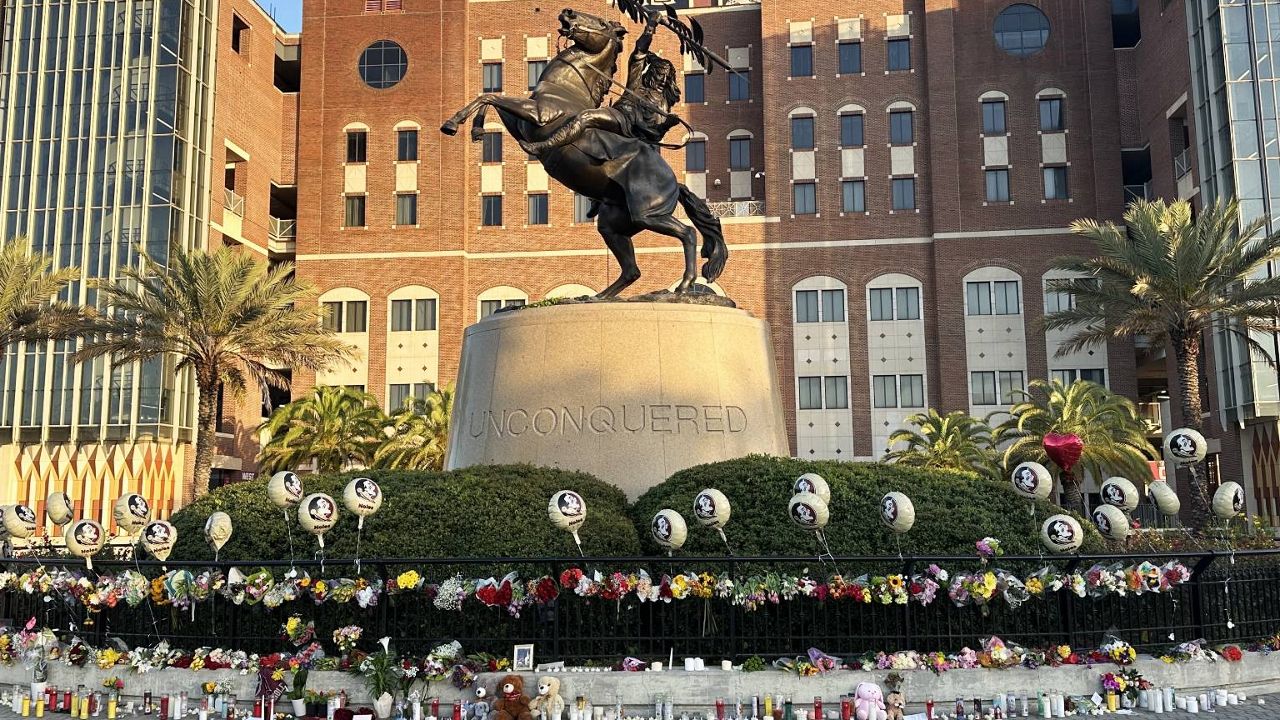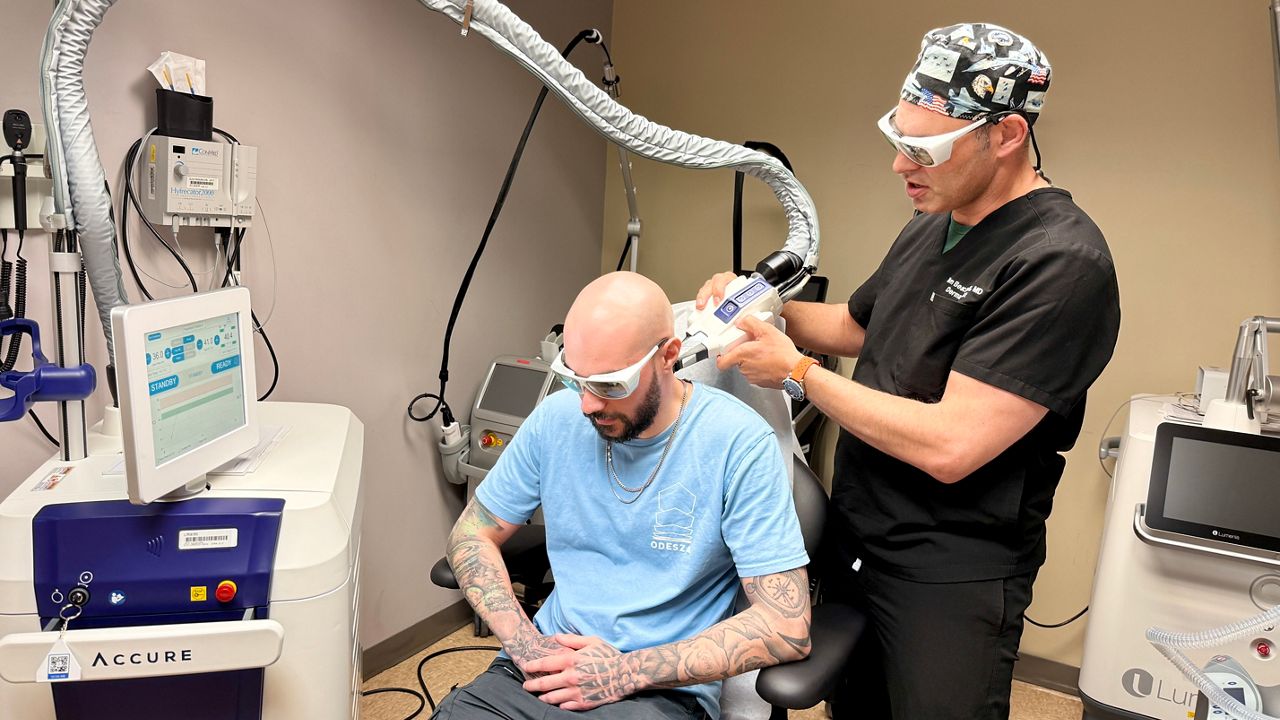TAMPA, Fla. — Moffitt Cancer Center is training the future cancer researchers of America and they’re making sure underrepresented minority students are being trained in their labs. It’s part of their yearlong ENCOURAGE-Diversity Program.
Kaitlyn Miranda applied and got accepted in the program that trains underrepresented minority undergraduate students in fields like cancer research.
“It was definitely a learning curve because I had never heard of any of this before coming to Moffitt,” she said. “In this program you can learn more about health disparities, and that’s another thing I’m very passionate about, so I was very excited to actually apply.”
Being able to research cancer treatments is something that’s been a lifelong dream for her.
“About 13 years ago, my mom was diagnosed with breast cancer. So, I’ve grown up going to her doctor’s visits with her and just seeing all the amazing work that the doctors, nurses and researchers did to bring her into remission inspired me to pursue a career in the medical field,” she said.
That’s the kind of inspiration Suehelay Acevedo says makes for a good cancer researcher in their labs.
“It helps, and it provides an opportunity that potentially these diverse students would not have, and I myself have participated in diversity programs, and thanks to that I was able to pursue a graduate career,” said Acevedo.
Acevedo is a post-doctoral fellow. She was involved in a program like this in Puerto Rico where she was able to see women who looked like her — now, she’s giving Miranda that experience serving as her mentor.
“That’s why I was very happy to be paired with Kaitlyn, because we are actually very similar. She’s half Puerto Rican. We both study biomedical engineering, so it’s like a really good match,” Acevedo said.
According to the National Institutes of Health, people who are Black, Hispanic American Indians are the least likely to be cancer researchers — and it’s even more pronounced for women from those backgrounds.
But programs like this with students like Miranda are aiming to change that.
“Whether the impact be small or large, whatever role I may play, I feel like at least if I could help others, I’ve served my purpose,” Miranda said.









